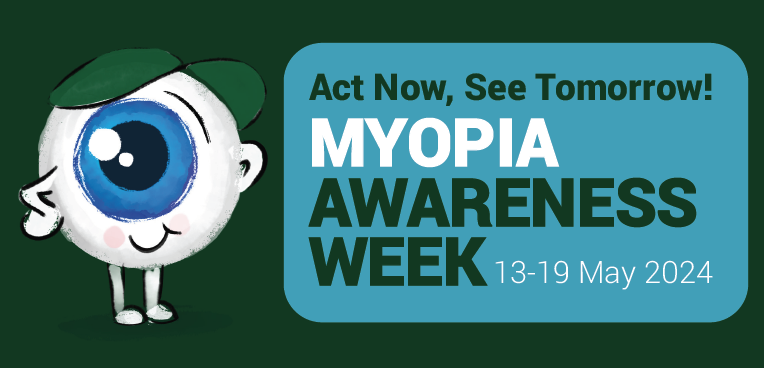
Lyndon Jones, PhD, DSc, FCOptom, IMI Committee Chair
Centre for Ocular Research & Education (CORE), School of Optometry & Vision Science, University of Waterloo, Canada
Committee members:
- Dr. Fuen Vera-Diaz
- Dr. Jacinto Santodomingo-Rubido
- Dr. Timo Kratzer
- Dr. Katrina Schmid
- Prof. Jose Gonzales-Meijome
- Dr. Stephanie Ramdass
- Dr. Steve Newman
- Prof. Jason Nichols
- Dr. Bjorn Drobe
- Dr. Lyle Gray
- Prof. Donald Tan
- Dr. Kah Ooi Tan
- Dr. Arne Ohlendorf
- Dr. Yee Ling Wong
Undertaking MC treatment in minors creates an ethical challenge for a wide variety of stakeholders. Regulatory bodies, manufacturers, academics, and clinicians all share an ethical responsibility to ensure that the products used for MC are safe and efficacious and that patients understand the benefits and potential risks of such products.
PURPOSE
To discuss guidelines and ethical considerations associated with the development and prescription of treatments intended for myopia control (MC).
METHODS
Critical review of published papers and guidance documents was undertaken, with a view to carefully considering the ethical standards associated with the investigation, development, registration, marketing, prescription, and use of MC treatments.
RESULTS
The roles and responsibilities of regulatory bodies, manufacturers, academics, eyecare practitioners, and patients in the use of MC treatments are explored.
Particular attention is given to the ethical considerations for deciding whether to implement a MC strategy and how to implement this within a clinical trial or practice setting.
Finally, the responsibilities in marketing, support, and education required to transfer required knowledge and skills to eyecare practitioners and academics are discussed.
CONCLUSIONS
Undertaking MC treatment in minors creates an ethical challenge for a wide variety of stakeholders. Regulatory bodies, manufacturers, academics, and clinicians all share an ethical responsibility to ensure that the products used for MC are safe and efficacious and that patients understand the benefits and potential risks of such products.
This International Myopia Institute report highlights these ethical challenges and provides stakeholders with recommendations and guidelines in the development, financial support, prescribing, and advertising of such treatments.
Keywords: conflict of interest, ethical prescribing, informed consent, medical device, myopia control
Translated versions of IMI clinical summaries are available at myopiainstitute.org
The publication costs of the International Myopia Institute reports were supported by donations from BHVI, Carl Zeiss Vision, CooperVision, Essilor, Alcon, and Vision Impact Institute.


